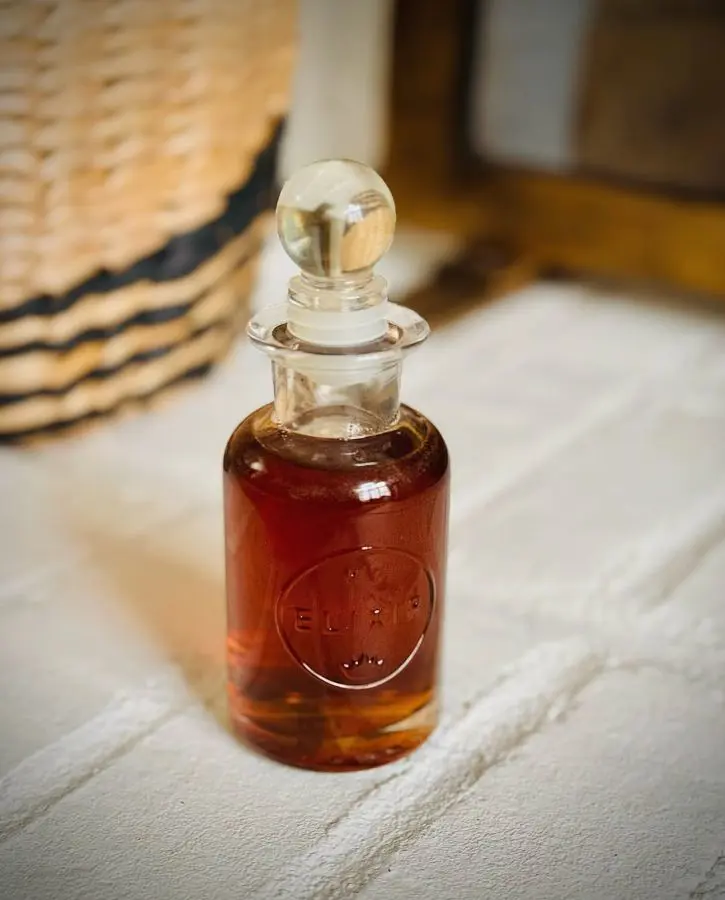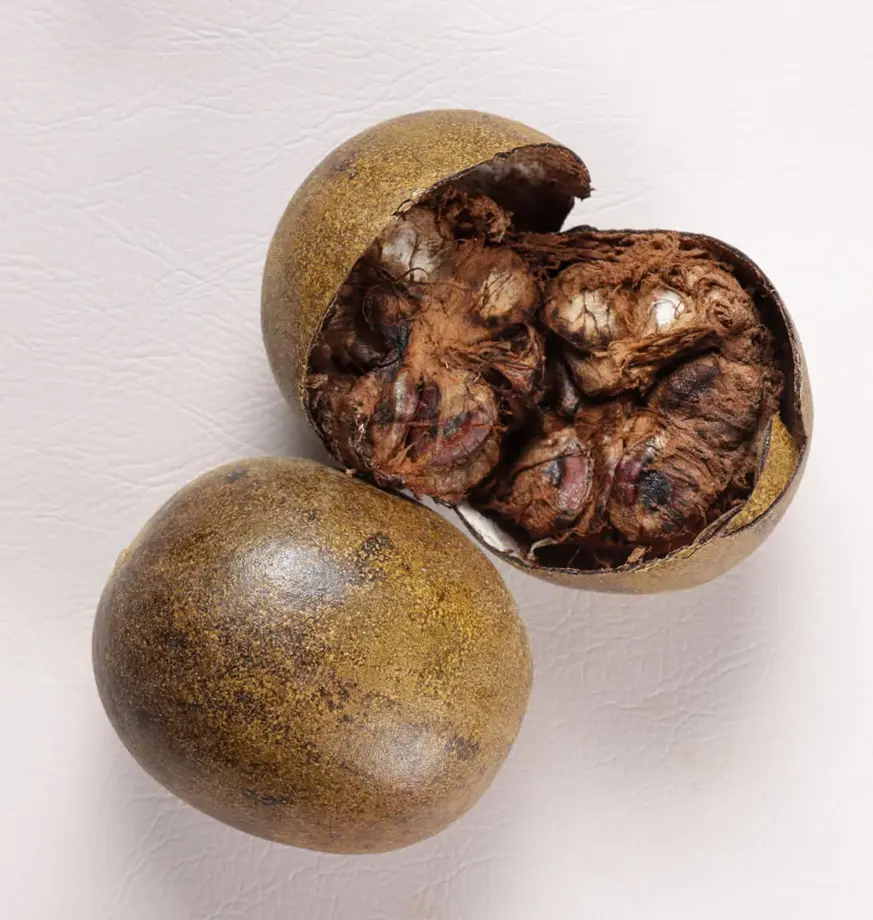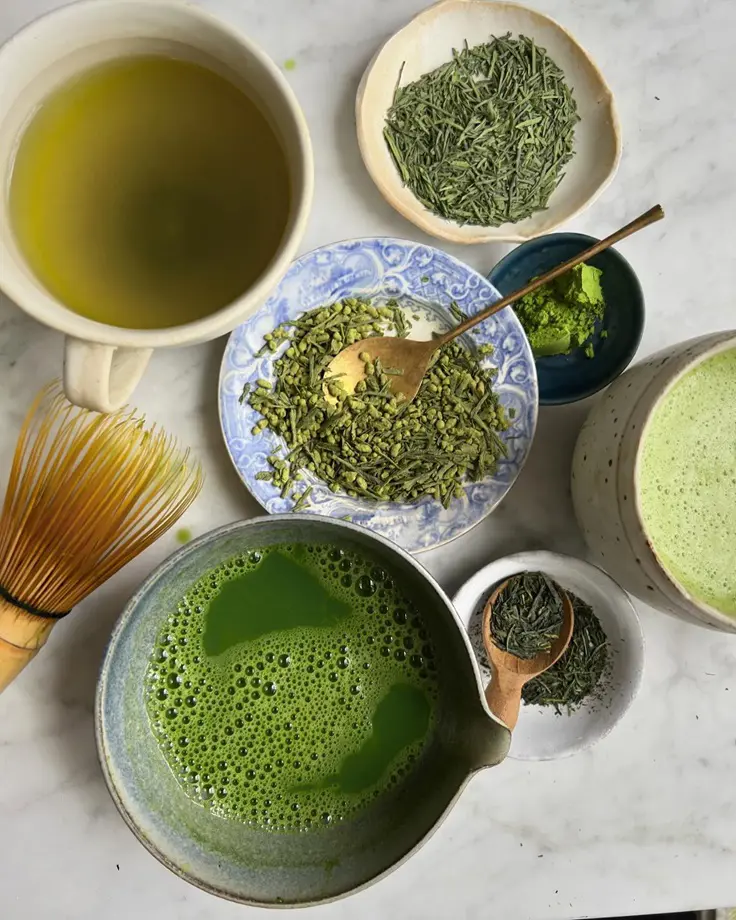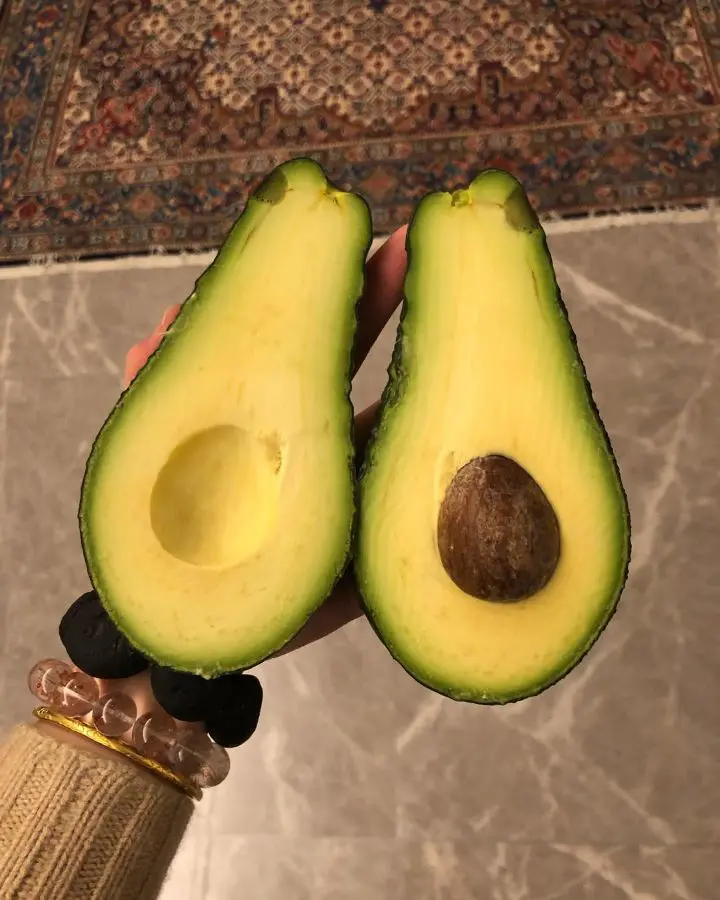Canker Sores: Causes And How To Get Rid Of
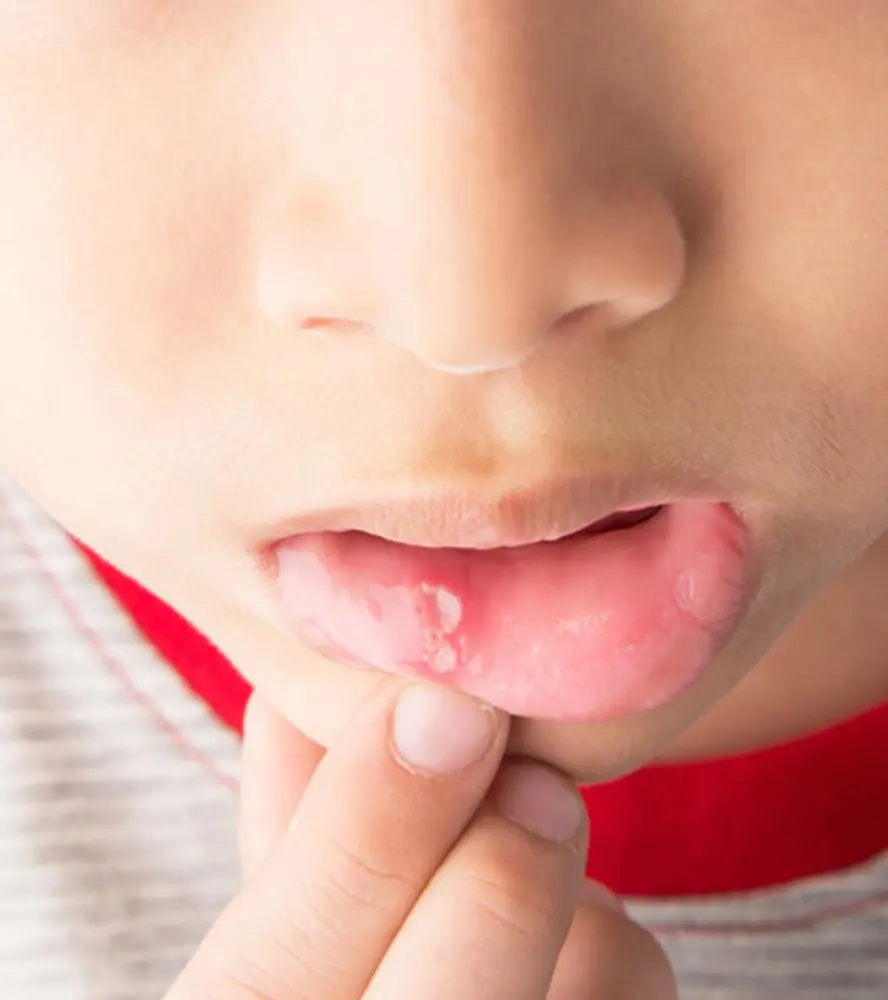
This post may contain affiliate links. If you make a purchase through links on our site, we may earn a commission.
Canker sores (also called aphthous ulcers) are small lesions in the membranes inside the mouth. These lesions are very common among people everywhere, some people even have them every month!
These structures develop particularly on the mucous membrane of the mouth and can get very painful while eating something. Here, we have listed 16 ways to get rid of canker sores. By going through all these ways, you will be helping your mouth membrane to heal faster.
What Causes Canker Sores?
There is not only a single factor that causes canker sores. The main leading causes of aphthous ulcers include:
- Lack of essential nutrients like Vitamin B12, folic acid, and iron
- Stress and anxiety, surprisingly, can be one of the leading causes of canker sores
- Consuming too acidic, spicy, or abrasive foods which can irritate the oral mucosa and trigger canker sores
- Chronic diseases and autoimmune disorders
Now, let's dive into the different methods that can help you get rid of canker sores.
1. Saltwater Rinse
Salt water rinse has the property to draw out excess fluids from cells. So, using it for canker sores can help them shrink by drawing out accumulated debris. Not only that, the anti-inflammatory properties of this rinse can help the disturbed tissues heal.
For preparation, mix a teaspoon of salt in a cup of water. The solution can work more effectively when the water is warm.
2. Baking Soda Paste
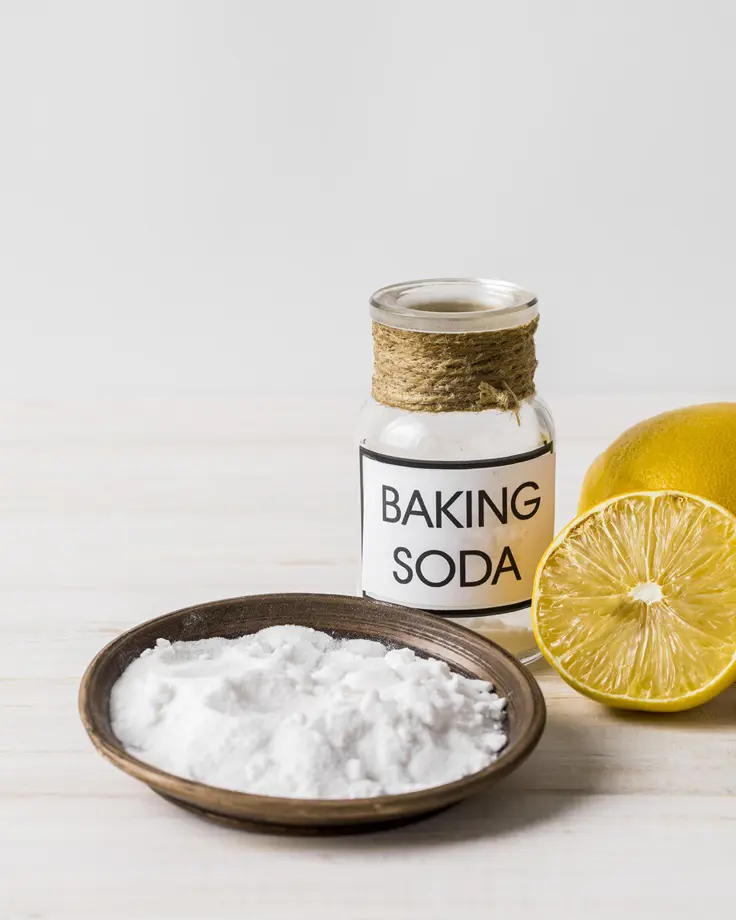
The alkalinity of baking soda can help heal canker sores and pain-related. The high pH of this remedy neutralizes the acidic environment in your mouth, a potential cause of canker sore-related pain.
You can either directly apply baking soda paste on the affected area or prepare a rinse from it.
3. Hydrogen Peroxide
Hydrogen peroxide is known for its disinfecting and healing properties. The available form of hydrogen peroxide, generally 3%, is valued for its ability to clean and promote healing of minor oral lesions.
For applying to canker sores, prepare a solution by mixing equal parts of hydrogen peroxide and water. The application of this remedy helps to disinfect the area, remove dead cells, and reduce the risk of infection. Overall, it promotes faster healing.
4. Alum Powder
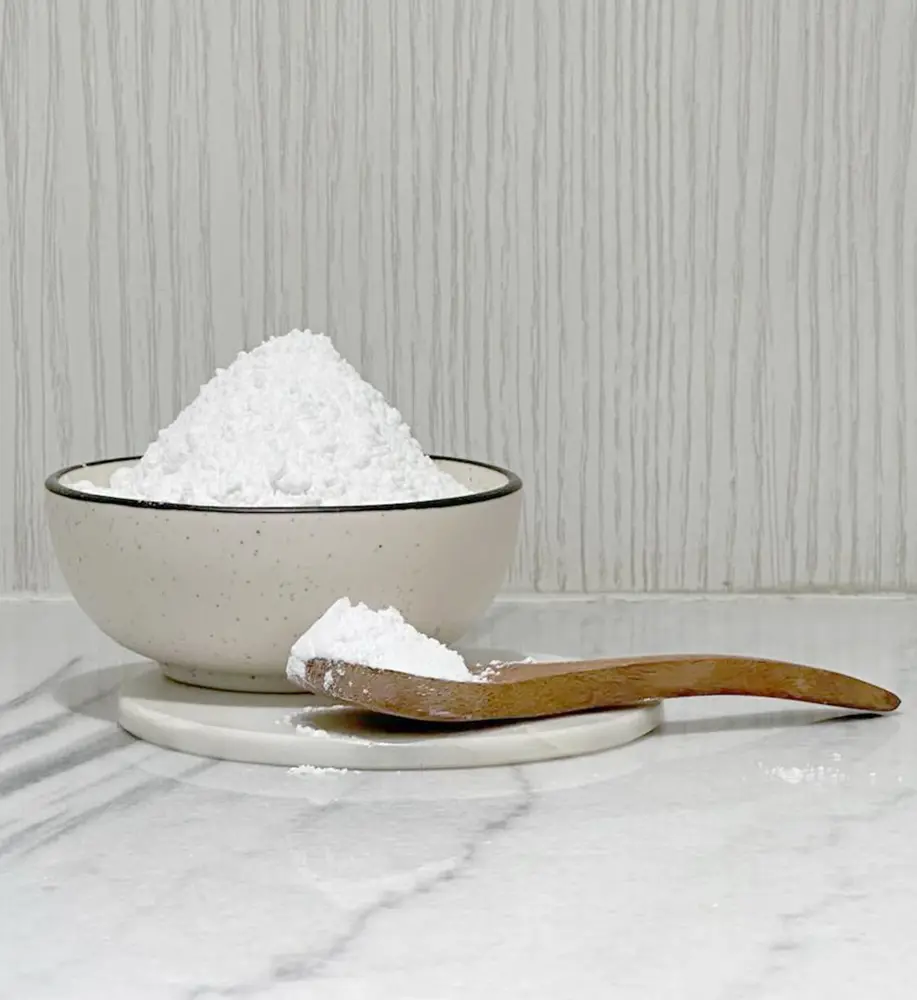
Alum has long been used for culinary and medicinal purposes. It can heal wounds importantly by working as an astringent. This means they can constrict the affected tissue and reduce their bleeding.
The antiseptic property of alum is also important here. It prevents the delay of wound healing by preventing infection of the affected tissues. Also, alum is a better option for relieving pain as it helps to numb the affected area.
To use alum powder for canker sores, directly apply it to the affected area. Slightly moisten the canker sore with water before the application. Leave it for at least 5 minutes and rinse with water.
5. Milk of Magnesia
Primarily used as an antacid and laxative, milk of magnesia can also be used for canker sores due to its alkaline properties. As in baking soda, the higher pH is essential in managing the acidity in the mouth, which may be causing pain and delay in healing.
You can directly apply milk of magnesia with the help of a cotton swab or use it for swishing. The unappealing factor about this remedy is its taste, which can be unpleasant for some people.
6. Honey
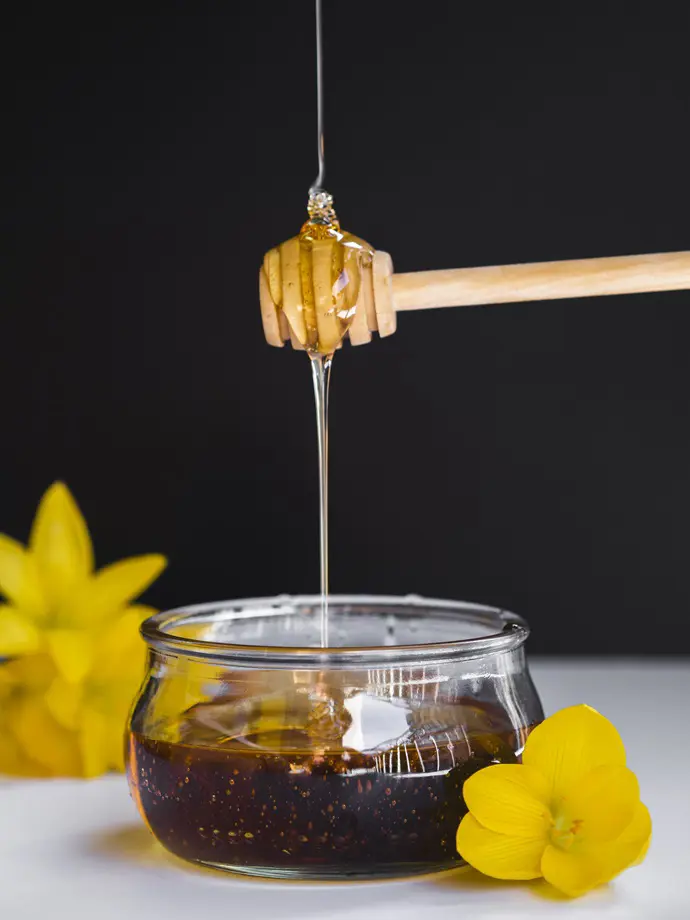
This sweet remedy makes the healing process a bit pleasant. Canker sores are painful and honey can take away this pain by calming the affected tissues. Also, there are other benefits of honey including its ability to stop further infection of those tissues is guaranteed by honey. The thick consistency makes a protective barrier for further healing as well.
A small amount of honey is directly applied to the area affected due to canker sores. Its natural viscosity allows it to remain attached, providing a protective layer that shields the ulcer from irritants and further injury.
7. Coconut Oil
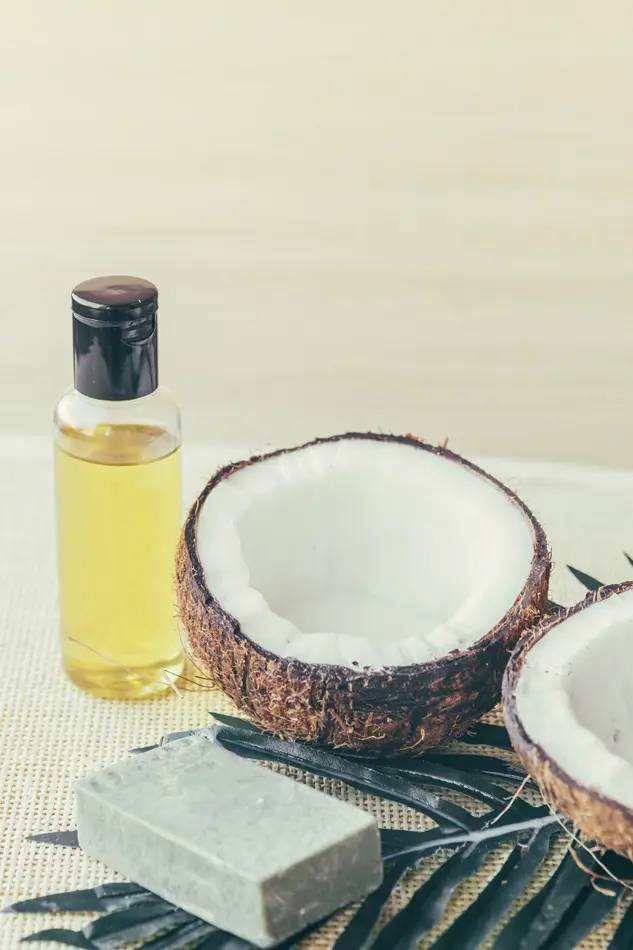
Coconut oil has tons of skincare and oral health benefits. At first, it is highly moisturizing which can help nourish the tissues surrounding the canker sore, aiding in healing.
The oil also has an antimicrobial compound called lauric acid, and yes it can help prevent infection of the canker sores. The oil also has a cooling effect and its use can soothe the pain that comes with canker sore. Coconut oil can be directly applied to the affected area, unlike other harsh remedies it can be applied several times a day.
8. Compress
Ice Pack (Cold Compress)
Ice pack has a numbing effect on the canker sore. To use, an ice pack compress can be prepared by wrapping a few ice cubes in a clean cloth or using a commercially available cold pack. Press the wrapped ice gently against the canker sore for 10 to 15 minutes at a time.
The cold temperature of the ice pack helps to constrict blood vessels. As a result, the swelling can be significantly reduced. The immediate relief provided by the compress makes its use popular.
Chamomile Compress
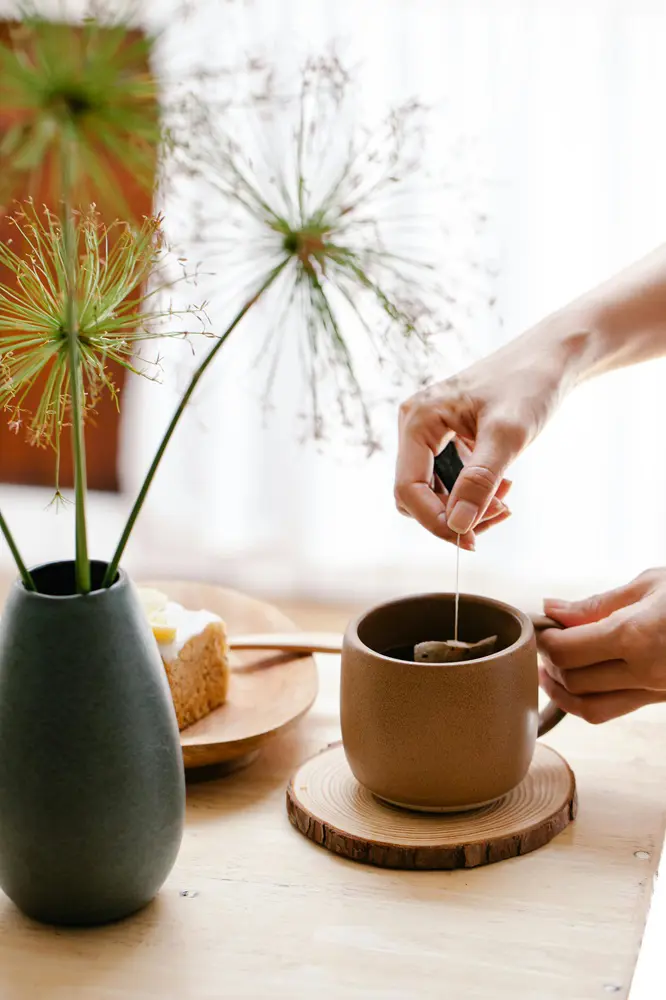
This effective herbal alternative is another way to soothe canker sores. To make a chamomile compress, steep a chamomile tea bag in hot water for a few minutes, then let it cool to a comfortable temperature.
The cooled tea bag is directly applied to the canker sore for 10 to 15 minutes. You can resoak the bad into the steeped solution and repeat the use in the same way.
The benefits of using a chamomile compress include its ability to provide relief through its anti-inflammatory and calming effects. It helps to reduce irritation and discomfort, making it a gentle option for those seeking natural remedies.
9. Topical Anesthetic Gels
Topical anesthetic gels are used for temporary relief when the pain is severe. Some important ones frequently used for canker sores include:
- Benzocaine-Based Gels: Benzocaine is a popular topical anesthetic found in many over-the-counter gels for canker sores. It works by numbing the canker sore.
- Lidocaine-Based Gels and Dibucaine-Based Gels: Lidocaine and dibucaine both are used for canker sores. They function similarly to benzocaine by numbing the affected area.
10. Antiseptic Mouthwashes
Antiseptic mouthwashes function similarly to saltwater rinse, both of these treatments aim to reduce bacterial infection and soothe sores. Antiseptic mouthwashes are a stronger remedy as compared to saltwater rinse.
Antiseptic mouthwashes are named so because of the presence of components like hydrogen peroxides, chlorhexidine or essential oils. All these components are potential antiseptics. So, mouthwashing regularly provides canker sores a safer environment to heal. As a result, there is a very low chance of severity.
Consideration: Prolonged use is not recommended as it can lead to side effects such as staining of the teeth and alterations in taste.
11. Corticosteroid Ointments
Corticosteroid ointments are typically prescribed by dentists or doctors when you have severe or persistent canker sores. The formulation of these ointments contains corticosteroids. These components work by suppressing the inflammation in the body (sore canker itself is the inflammation of the oral mucosa).
With corticosteroids, the immune system's response in the affected area eventually goes down. This hence takes away all the pain related to canker sores and takes healing to a faster pace.
Consideration: Corticosteroid ointments are typically prescription medications. It's essential to consult with a dentist or doctor to determine if they are right for you.
12. Vitamin B12 Supplements
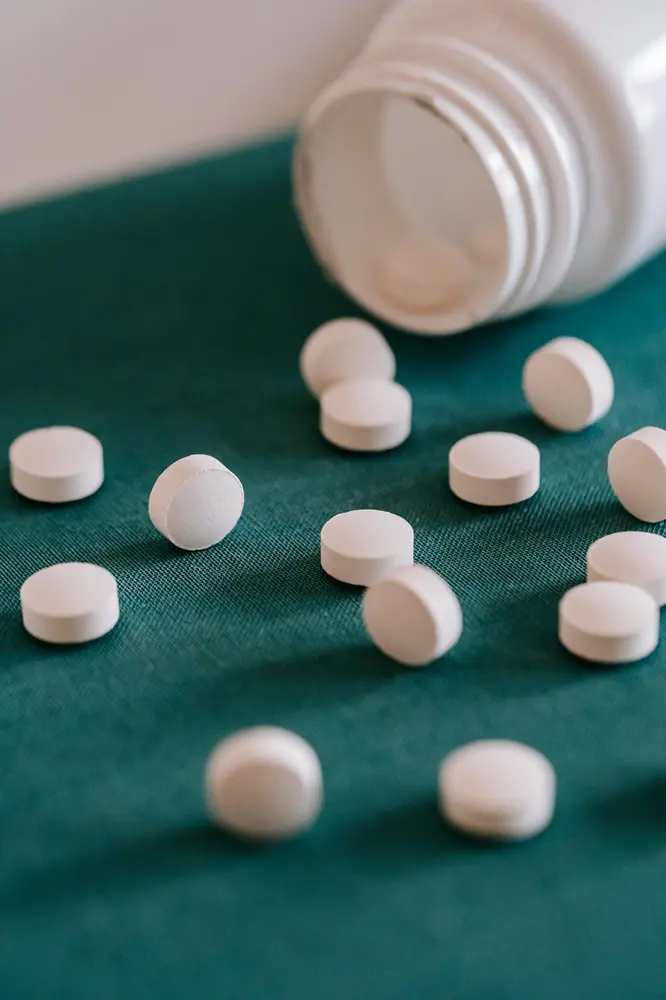
Vitamin B12 is important to make sure oral mucosa is healthy. Upon availability of this vitamin, the affected oral tissue can heal fast as the immune system can function efficiently.
Vitamin B12 supplements are available in various forms and should be consumed only on medical advice. Besides supplements, meats, seafood, dairy products and many other foods with vitamin B12 can be considered. Add them to your diet whenever you have canker sores or also to stop the development process.
13. Zinc Supplements
Zinc plays an important role by supporting wound-healing process in our body. When present in the right amount, it also keeps our skin and mucous membranes healthy including that of the mouth.
So, whenever the zinc percentage in our body goes down, there's a probability of the appearance of canker sores. If this is the case, your healthcare may even put you on zinc supplementation.
14. Avoid Irritants
There are certain foods that can only increase the pain and uneasiness related to canker sores. People with canker sores should totally avoid such foods for faster healing.
This is important to avoid irritation of the canker sore. Some foods that can act like canker sore irritants are listed below:
Acidic Foods

If your foods contain more acids, those are not for the time when you have canker sores. Some examples of acidic foods not suitable to consume while having a canker sore include citrus fruits and foods containing vinegar.
Spicy and Salty Foods
Spicy foods, the ones containing pepper and salty ones like pickles can cause further harm. So, it's better to stay away from them while you have a canker sore.
Hard or Abrasive Foods
There should be no space for hard, rough, or abrasive foods. Foods like chips, crusty bread, or raw vegetables can only irritate the already affected cells.
Avoiding these foods will prevent scratching or scraping of canker sore and make sure you heal faster.
Hot Beverages
Hot coffee and tea can irritate canker sores, so opt for cooler or room-temperature alternatives.
Other Irritants
Other irritants like mouthwashes containing alcohol and Sodium Lauryl Sulfate (SLS)- containing toothpaste can irritate the affected tissue. These compounds can further dry or irritate the canker sores.
15. Maintain Good Oral Hygiene

Good oral hygiene reduces the chance of the occurrence of oral cankers. Here are some important points to consider while taking care of oral health:
Daily Oral Hygiene Practices
The basic among all, regular brushing, particularly with a fluoride toothpaste can help remove plaque and prevent gum disease. This in turn protects the sensitive tissues of oral mucosa.
Flossing/ Mouthwash
Daily flossing makes oral mucosa strong and intact. Alcohol-free mouthwash should also be used regularly to make sure the oral health is protected.
Dental Check-Ups
Though we don't emphasize visiting dentists more, regular dental check-ups can minimize many health hazards. So, we recommend you aim for dental visits every six months or as recommended by your dentist.
16. Avoid Stress
Various studies have suggested that stress can exacerbate or even initiate canker sore outbreaks. Managing stress is not crucial only for preventing or alleviating canker sores but is also important for stopping other various health issues.
Due to the unmanaged inflammatory response in the body during stress, canker sores have a chance to show up. To minimize stress, you can try relaxation exercises and mindfulness.
Recent posts
Lifestyle
Lifestyle
Is Agave Good For You? Benefits, Uses And Risks
When you stroll through the sweetener section at a supermarket or any other store, you probably notice bottles of golden agave nectar or agave's inulin with labels boasting claims like "natural" and "healthy". But is this viscous sweetener which come...
Lifestyle
Is Monk Fruit Healthy? Benefits, Nutrition And Risks
Monk fruit is a simple vine of the gourd family that has recently gained fame as a sweetener. The fruit is hard to find in the market and has been less cultivated around the world, it's native to Southeast Asia. A zero-calorie sweetener, there is a l...
Lifestyle
How Much Caffeine Is in Green Tea
Green tea, a tea popular for its health benefits, comes with a gentle caffeine boost. Due to this low caffeine level, the drink can be considered perfect for those who want to stay alert without the jitters. The availability of caffeine in green tea ...
Lifestyle
The Benefits Of Avocado Seeds You Must Know About
After devouring the avocado, we have the habit of dumping the seed without giving it a second thought. However, this part of the fruit is just as essential as the avocado because it delivers numerous nutrients and potential health benefits that might...
Lifestyle
How Much Caffeine Is Too Much In One Day?
Without even realizing it, caffeine is stapling in our everyday lives. Our mornings usually begin with a cup of coffee, likewise, to get through the afternoon slump we might sip on an energizing drink or grab a refreshing soda on a sunny day to quell...
Lifestyle
How Much Water Should You Drink Per Day
Water makes up 60% of our total body weight, making it an essential component to maintain our health. As it is present in all cells and organs of the body, proper water intake means every function in the body is running well. There are multiple benef...
